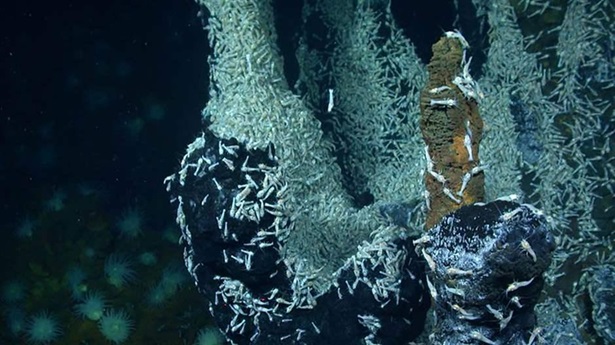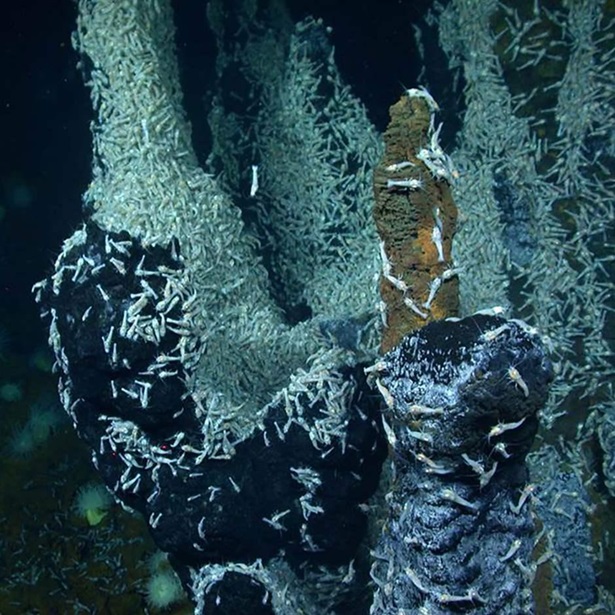Developing International Seabed Authority Environmental Regulations
First report of the code project
Plans for deep-sea mining on ocean floors within international jurisdiction are likely to be approved in the next four years. Actual mining operations are likely to begin within the next six or seven years. The United Nations body charged with writing the rules that will govern seabed mining – which will then set the template for rules governing seabed mining within coastal zones as well – is the International Seabed Authority (ISA).
In January 2017, the ISA published a “Discussion Paper” on the environmental protection regulations for mining contractors. The Pew Charitable Trusts helped to support the creation of an ad hoc international team of scientists and legal scholars to review the ISA’s Discussion Paper, annotate its suggested regulations, and analyze the options available to the ISA for environmental protections that could be built into mining contracts.
This ad hoc international team of experts calls itself the Code Project. Its first report was released July 19, 2017, in time for the ISA Annual Session in Kingston, Jamaica, Aug. 7-18.


America’s Overdose Crisis
Sign up for our five-email course explaining the overdose crisis in America, the state of treatment access, and ways to improve care
Sign up










